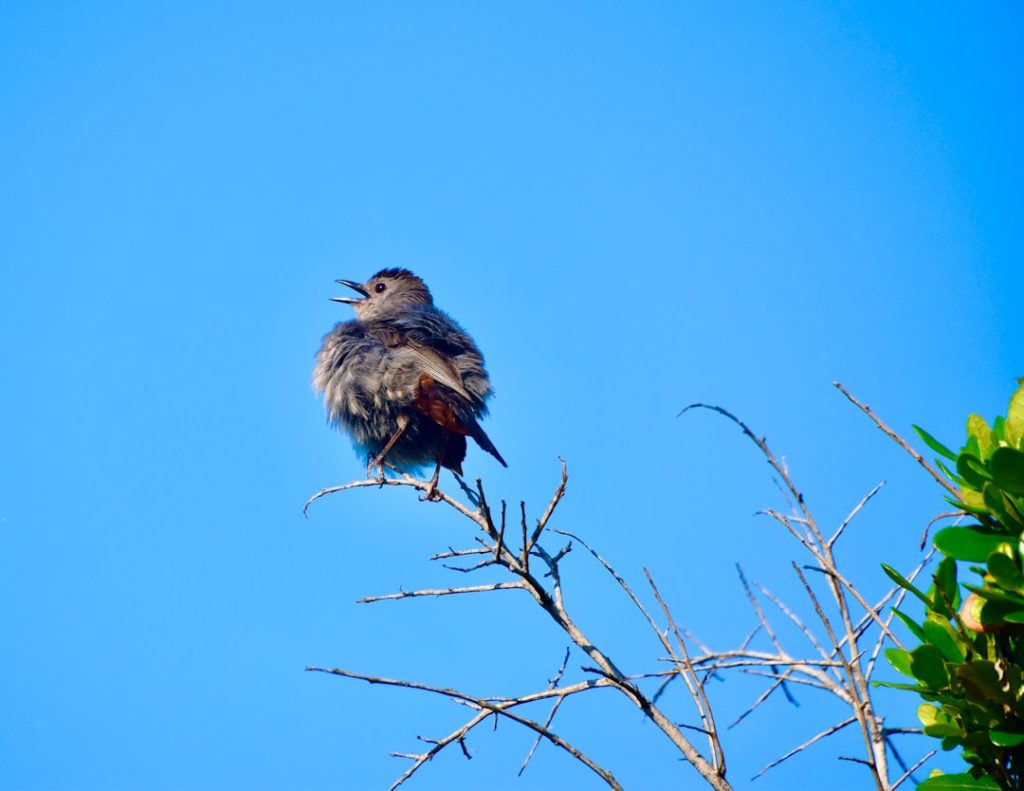Duck egg laying breeds are a popular choice for many farmers and homesteaders due to their ability to produce large, nutritious eggs. Ducks have been domesticated for thousands of years and have been bred for various purposes, including egg production. There are several breeds of ducks that are specifically known for their egg-laying abilities, and each breed has its own unique characteristics and traits. These breeds are valued for their high egg production, adaptability to various climates, and overall hardiness. Duck eggs are also gaining popularity in the culinary world due to their rich flavor and larger yolk size compared to chicken eggs. In this article, we will explore the characteristics of duck egg laying breeds, popular breeds, care and maintenance, benefits of duck eggs, challenges of raising duck egg laying breeds, and provide recommendations for those interested in raising ducks for egg production.
Table of Contents
Key Takeaways
- Duck egg laying breeds are known for their ability to produce large, nutritious eggs with a rich flavor.
- These breeds are characterized by their hardiness, adaptability, and ability to forage for food.
- Popular duck egg laying breeds include the Khaki Campbell, Indian Runner, and Pekin ducks.
- Care and maintenance of duck egg laying breeds involves providing proper housing, nutrition, and protection from predators.
- Duck eggs are known for their higher nutritional value, larger yolk, and richer taste compared to chicken eggs.
Characteristics of Duck Egg Laying Breeds
Duck egg laying breeds are known for their high egg production, with some breeds laying up to 300 eggs per year. They are also valued for their adaptability to various climates and their ability to forage for food, making them a low-maintenance option for egg production. Duck eggs are larger than chicken eggs and have a richer flavor due to their higher fat content. The yolks of duck eggs are also larger and have a higher concentration of nutrients such as omega-3 fatty acids, vitamins, and minerals. In terms of appearance, duck egg laying breeds come in a variety of colors and patterns, with some breeds having distinct markings on their feathers. Additionally, ducks are known for their calm and friendly demeanor, making them a great addition to any farm or homestead. Overall, duck egg laying breeds are valued for their high egg production, adaptability, nutritional value, and friendly nature.
Duck egg laying breeds are also known for their hardiness and ability to thrive in various environments. They are well-suited for free-range or pasture-based systems, as they are excellent foragers and can consume a wide range of foods including insects, grass, and aquatic plants. This makes them a sustainable option for egg production, as they require minimal inputs and can help control pests in the environment. Duck egg laying breeds also have a longer laying season compared to chickens, with some breeds laying consistently throughout the year. This makes them a reliable source of eggs for both personal consumption and commercial purposes. Additionally, ducks are known for their strong maternal instincts and can be used for hatching and raising ducklings, making them a versatile option for those interested in expanding their flock. Overall, the characteristics of duck egg laying breeds make them a valuable addition to any farm or homestead.
Popular Duck Egg Laying Breeds
There are several popular duck egg laying breeds that are valued for their high egg production, adaptability, and overall hardiness. One of the most popular breeds is the Khaki Campbell, known for its exceptional egg-laying abilities, with hens laying up to 300 eggs per year. Khaki Campbells are also valued for their calm temperament and ability to thrive in various environments, making them a popular choice for both small-scale and commercial egg production. Another popular breed is the Indian Runner, known for its upright posture and distinctive appearance. Indian Runners are excellent foragers and can lay up to 200 eggs per year, making them a valuable addition to any flock. The Welsh Harlequin is another popular breed, valued for its beautiful plumage and high egg production. Welsh Harlequins are known for their calm nature and can lay up to 250 eggs per year, making them a popular choice for those interested in raising ducks for egg production.
Another popular breed is the Pekin duck, known for its large size and rapid growth rate. Pekins are valued for their meat as well as their egg-laying abilities, with hens laying up to 200 eggs per year. Pekins are also known for their friendly disposition and adaptability to various environments, making them a popular choice for both meat and egg production. The Cayuga is another popular breed, known for its iridescent green-black plumage and high egg production. Cayugas can lay up to 150 eggs per year and are valued for their calm temperament and adaptability to various climates. Overall, these popular duck egg laying breeds are valued for their high egg production, adaptability, and overall hardiness, making them a valuable addition to any farm or homestead.
Care and Maintenance of Duck Egg Laying Breeds
Duck egg laying breeds require proper care and maintenance to ensure their health and well-being, as well as optimal egg production. Providing a suitable living environment is essential for ducks, as they require access to water for drinking, bathing, and foraging. Ducks should have access to a clean water source at all times, whether it be a pond, stream, or shallow water container. It is important to regularly clean and refill water containers to prevent contamination and ensure the ducks have access to clean water. Ducks also require access to suitable shelter to protect them from predators and inclement weather. A secure coop or shelter should be provided for ducks to roost at night and lay their eggs in a safe environment.
Feeding ducks a balanced diet is essential for their health and optimal egg production. Ducks should be provided with a commercial poultry feed that is specifically formulated for laying ducks. Additionally, ducks can be supplemented with fresh greens, vegetables, and insects to provide additional nutrients and variety in their diet. It is important to monitor the ducks’ body condition and adjust their feed intake accordingly to ensure they are maintaining a healthy weight. Regular health checks should be conducted to monitor the ducks’ overall health and address any potential issues promptly. Providing proper care and maintenance for duck egg laying breeds is essential for ensuring their health and well-being, as well as optimal egg production.
Benefits of Duck Eggs
Duck eggs offer several benefits compared to chicken eggs, making them a popular choice for many consumers. Duck eggs are larger than chicken eggs and have a richer flavor due to their higher fat content. The yolks of duck eggs are also larger and have a higher concentration of nutrients such as omega-3 fatty acids, vitamins, and minerals. Duck eggs are also valued for their higher protein content compared to chicken eggs, making them a nutritious option for those looking to increase their protein intake. Additionally, duck eggs have a longer shelf life compared to chicken eggs due to their thicker shells and higher fat content.
In terms of culinary uses, duck eggs are prized by chefs and bakers for their rich flavor and larger yolk size. They are often used in baking recipes such as cakes, pastries, and custards to add richness and moisture. Duck eggs are also popular for making omelets, quiches, and other savory dishes due to their rich flavor and larger yolk size. Overall, the benefits of duck eggs make them a valuable addition to any kitchen and offer a nutritious and flavorful alternative to chicken eggs.
Challenges of Raising Duck Egg Laying Breeds

While there are many benefits to raising duck egg laying breeds, there are also challenges that should be considered before starting a duck flock. One challenge is providing suitable housing and access to water for ducks. Ducks require access to water for drinking, bathing, and foraging, which may require additional infrastructure such as ponds or water containers. It is important to provide clean water at all times to prevent contamination and ensure the ducks’ health.
Another challenge is predator control, as ducks are vulnerable to predation from animals such as foxes, raccoons, and birds of prey. It is important to provide secure housing for ducks at night and implement predator control measures such as fencing or electric netting to protect the flock from predators. Additionally, ducks can be messy animals and may require additional cleaning and maintenance compared to chickens. Providing suitable bedding materials and regular cleaning of the coop or shelter is essential for maintaining a clean living environment for ducks.
Disease management is another challenge when raising duck egg laying breeds. Ducks can be susceptible to certain diseases such as avian influenza or duck viral enteritis, so it is important to implement biosecurity measures such as quarantine protocols and regular health checks to prevent the spread of disease within the flock. Overall, while there are many benefits to raising duck egg laying breeds, it is important to consider the potential challenges and implement proper management practices to ensure the health and well-being of the flock.
Conclusion and Recommendations for Duck Egg Laying Breeds
In conclusion, duck egg laying breeds offer several benefits including high egg production, adaptability to various climates, nutritional value, and rich flavor. Popular breeds such as Khaki Campbells, Indian Runners, Welsh Harlequins, Pekins, and Cayugas are valued for their high egg production, adaptability, and overall hardiness. Proper care and maintenance including providing suitable housing, access to water, balanced diet, regular health checks, predator control measures, disease management practices are essential for ensuring the health and well-being of duck egg laying breeds.
For those interested in raising duck egg laying breeds, it is important to consider the potential challenges such as providing suitable housing and access to water, predator control measures, disease management practices before starting a duck flock. Implementing proper management practices will help ensure the health and well-being of the flock while maximizing egg production. Overall, duck egg laying breeds offer a valuable addition to any farm or homestead with their high egg production, nutritional value, rich flavor making them a popular choice among farmers and homesteaders alike.
If you’re interested in learning more about duck egg laying breeds, you might also want to check out this informative article on creating the perfect chicken coop for your flock in Muskegon. The article provides valuable insights into the design and maintenance of a coop that can benefit not only chickens but also ducks, including those that are specifically bred for egg laying. You can read the full article here.
FAQs
What are some popular duck egg laying breeds?
Some popular duck egg laying breeds include the Khaki Campbell, Indian Runner, Pekin, and Welsh Harlequin.
How many eggs can a duck lay in a year?
On average, a duck can lay between 150-300 eggs per year, depending on the breed and individual bird.
At what age do ducks start laying eggs?
Ducks typically start laying eggs at around 5-7 months of age, although this can vary depending on the breed and individual bird.
What are the characteristics of good duck egg laying breeds?
Good duck egg laying breeds are known for their high egg production, good fertility, and strong maternal instincts. They are also typically hardy and adaptable to various climates.
Do duck egg laying breeds require special care?
Duck egg laying breeds require access to water for swimming and bathing, as well as a balanced diet that includes a source of calcium for strong eggshells. They also need protection from predators and proper shelter.
Meet Walter, the feathered-friend fanatic of Florida! Nestled in the sunshine state, Walter struts through life with his feathered companions, clucking his way to happiness. With a coop that’s fancier than a five-star hotel, he’s the Don Juan of the chicken world. When he’s not teaching his hens to do the cha-cha, you’ll find him in a heated debate with his prized rooster, Sir Clucks-a-Lot. Walter’s poultry passion is no yolk; he’s the sunny-side-up guy you never knew you needed in your flock of friends!







